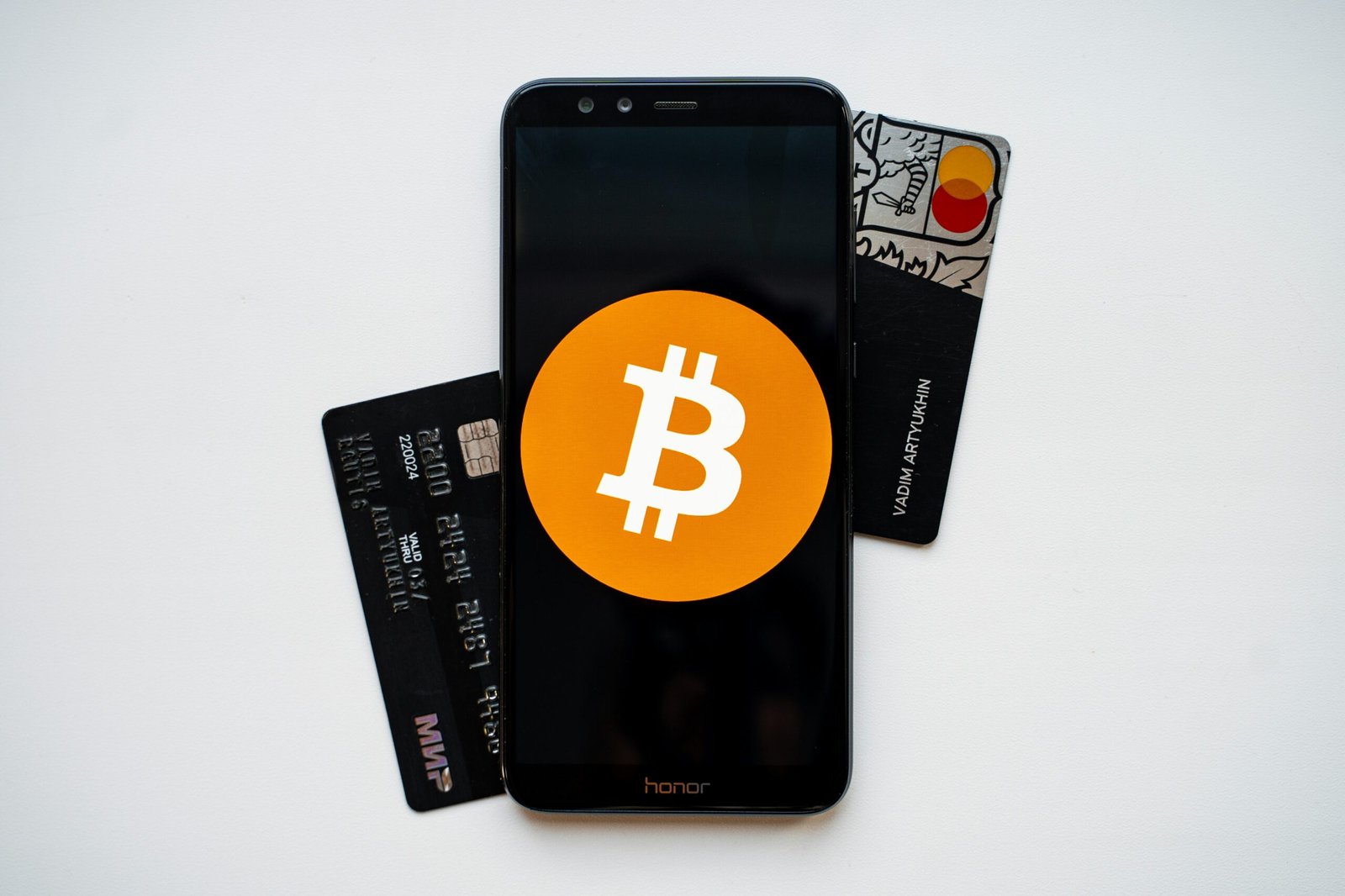What Are Crypto Wallets?
Crypto wallets serve as essential tools in the digital currency landscape, designed primarily for the storage and management of cryptocurrencies. Unlike traditional wallets, which hold physical cash, crypto wallets are digital interfaces that facilitate the sending, receiving, and storage of cryptocurrencies. Their central function revolves around the management of public and private keys, which are crucial for executing transactions on blockchain networks.
There are several types of crypto wallets, each catering to different user preferences and security needs. Hardware wallets are physical devices, reminiscent of USB drives, that securely store the user’s keys offline. This setup protects them from online threats, making them ideal for long-term storage or holding significant amounts of cryptocurrency.
On the other hand, software wallets are applications installed on a device, ranging from desktop wallets to web wallets. Desktop wallets offer more control and security, while web wallets prioritize convenience, allowing easy access from various devices. Mobile wallets, specialized for smartphones, facilitate on-the-go transactions, perfect for everyday use.
Paper wallets provide a unique method of storage, where keys are printed on paper, making them immune to hacking risks. However, this method necessitates careful physical storage to prevent loss or damage.
The effectiveness of a crypto wallet hinges on its ability to protect private keys, which grant access to an individual’s digital assets. Therefore, selecting the appropriate wallet format is paramount, influenced by factors such as transaction frequency, security preferences, and the amount of cryptocurrency held. Understanding the diverse types of crypto wallets enables users to make informed decisions about protecting their digital assets securely while maintaining ease of access to their funds.
Types of Crypto Wallets: Pros and Cons
As the cryptocurrency landscape continues to evolve, understanding the different types of crypto wallets is crucial for managing digital assets securely. Each wallet type has unique characteristics, advantages, and disadvantages, making it essential for users to assess their specific needs before choosing a wallet.
Hardware wallets are often regarded as the safest option for storing cryptocurrencies. These physical devices store private keys offline, greatly reducing the risk of hacking and unauthorized access. Their superior security features, which include encrypted storage and multi-factor authentication, make them suitable for long-term holdings. However, hardware wallets can be costly and may require technical knowledge to set up and use effectively.
In contrast, software wallets provide unparalleled convenience and accessibility. Available as desktop or mobile applications, they allow users to access their cryptocurrencies quickly and easily. This immediacy is a double-edged sword; while software wallets offer a user-friendly experience, they are more vulnerable to cyber threats, such as malware and phishing attacks. Therefore, users must be diligent about protecting their software wallets through regular updates and strong passwords.
Paper wallets are a novel approach to cryptocurrency storage. By printing or writing down private keys and public addresses, users can create a secure physical record that is completely offline. While this method eliminates many digital risks, it poses challenges in terms of durability and ease of access. If a paper wallet is lost or damaged, the cryptocurrency stored within may become irretrievable.
Mobile wallets, designed for smartphones, provide a blend of convenience and security akin to software wallets. With features like QR code scanning for transactions, they are particularly appealing to those who engage in frequent trading or use cryptocurrency in day-to-day transactions. Despite their convenience, mobile wallets can also be susceptible to risks associated with mobile devices, such as theft or loss.
In summary, selecting the right type of crypto wallet involves a careful evaluation of one’s security needs, ease of use, and overall goals for managing digital assets. Understanding the pros and cons of each wallet type can assist users in making informed decisions that align with their cryptocurrency strategies.
Best Practices for Securing Your Crypto Wallet
Securing your crypto wallet is paramount to safeguarding your digital assets from theft and unauthorized access. One of the foremost strategies for enhancing wallet security is the use of strong, unique passwords. A robust password should encompass a mix of uppercase and lowercase letters, numbers, and special characters, ideally with a length of at least 12 characters. Avoid using easily guessable information such as birthdays or common words. Additionally, consider utilizing a password manager to generate and store complex passwords securely.
Implementing two-factor authentication (2FA) is another critical measure. This adds an additional layer of security by requiring not just your password but also a second factor, which can be a text message code, email verification, or an authenticator app. By activating 2FA, you significantly reduce the risk of unauthorized access to your wallet, even if someone manages to obtain your password.
Regularly updating your wallet software is also essential for maintaining security. Developers frequently release updates to address vulnerabilities, and by ensuring that you are using the latest version, you protect your wallet from potential exploits. Additionally, keep backups of your private keys in secure, offline locations to prevent loss due to hardware failure or theft.
Equally important is to remain vigilant against phishing attempts and suspicious links, which are common tactics used by cybercriminals to compromise wallets. Always verify the URLs of any websites before entering your credentials, and be cautious when clicking on links in emails or messages from unknown sources. By adhering to these best practices, you can significantly bolster the security of your crypto wallet and protect your valuable digital assets from potential threats.
Common Threats to Crypto Wallet Security
The increasing popularity of cryptocurrencies has unfortunately led to a rise in threats targeting crypto wallets. Understanding these threats is vital for users to protect their digital assets effectively. One of the primary threats is hacking, where cybercriminals exploit vulnerabilities in wallet software or online exchanges. Hackers may use sophisticated techniques to gain access to private keys, which are essential for managing crypto transactions. Once they breach a wallet, they can easily transfer funds to their accounts, resulting in significant financial loss for the victim.
Another considerable threat comes from malware. Various forms of malicious software aim to infiltrate devices where crypto wallets are stored. For instance, keyloggers can record user keystrokes, providing attackers with sensitive information, including passwords and private keys. Furthermore, some malware can even take control of a user’s computer, allowing attackers to access wallets without the user’s consent. As the malware landscape evolves, it is crucial for users to employ strong antivirus measures and regularly update their software to mitigate these risks.
Social engineering tactics, particularly phishing scams, have also emerged as prominent threats in the crypto space. Phishing typically involves deceiving users into revealing confidential information via fraudulent emails or websites mimicking legitimate services. Once users unknowingly provide their details, cybercriminals can gain unauthorized access to their wallets. Such scams are often challenging to detect due to their sophisticated nature, underscoring the importance of being vigilant and critically assessing any communication that requests sensitive information.
Being aware of these common threats is only the first step; users must remain informed about the latest developments in crypto wallet security to effectively protect their assets. Regularly educating oneself on newly emerging threats and implementing preventive measures is essential for the secure management of cryptocurrencies.

